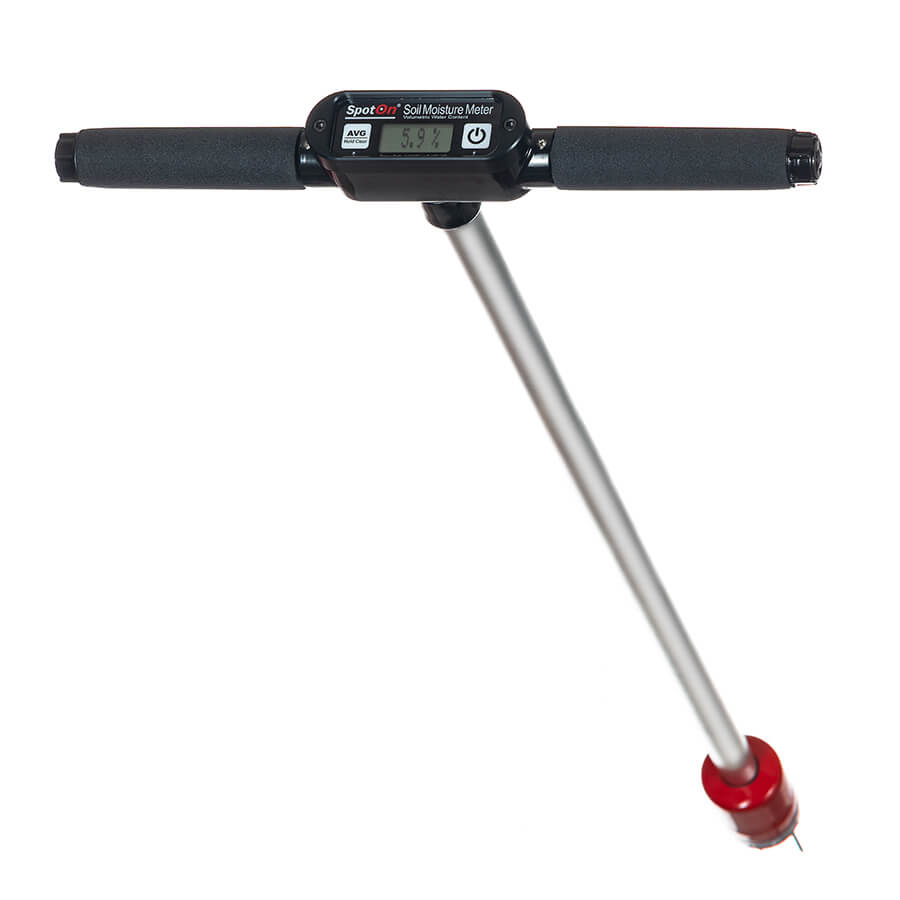The Ultimate Overview to Moisture Meters: A Comprehensive Review and Exactly How They Can Conserve You Cash
In the world of structure upkeep, building and construction, and numerous markets, the significance of accurately gauging wetness levels can not be overstated. Dampness meters offer as indispensable tools in detecting and keeping an eye on moisture content in materials, assisting in preventing costly problems and making sure the quality of items. Comprehending the nuances of different sorts of wetness meters, their applications, and the prospective cost-saving benefits they provide can be a game-changer for professionals and businesses alike. Discovering just how these devices can not only improve processes yet likewise add to economic savings is a trip worth starting.
Types of Moisture Meters
Numerous types of moisture meters are offered for different applications in different markets. One usual kind is the pin-type dampness meter, which gauges the electrical resistance in between 2 pins placed right into a product. This kind appropriates for wood, drywall, and other building materials. Pinless dampness meters, on the other hand, use electro-magnetic sensor plates to check a larger location without triggering damage to the material's surface area. These meters are optimal for promptly examining moisture levels in huge areas such as floors and walls.
Additionally, there are likewise specialty dampness meters designed for specific products like grain, soil, or hay. These meters provide accurate moisture readings tailored to the unique buildings of the product being examined. Infrared moisture meters determine the thermal residential or commercial properties of a product to establish its wetness web content non-invasively, making them valuable for applications where pin or pinless meters might not be suitable. Recognizing the various kinds of wetness meters readily available can aid sectors pick one of the most appropriate tool for their particular dampness dimension needs.

Advantages of Making Use Of Moisture Meters

Furthermore, using wetness meters can bring about enhanced energy effectiveness. By identifying areas with high moisture degrees, such as leakages or bad insulation, changes can be made to enhance power preservation and minimize energy prices. In agricultural setups, wetness meters play an important role in optimizing crop returns by making it possible for farmers to keep track of dirt dampness levels and make informed irrigation decisions. In general, the benefits of utilizing moisture meters more cover throughout numerous sectors, offering affordable options and advertising much better quality assurance techniques.
Just How to Select the Right Moisture Meter
Choosing the appropriate moisture meter includes thinking about key variables such as product compatibility, measurement variety, and calibration precision. When selecting a wetness meter, it's vital to guarantee that the meter is appropriate for the details product you will be testing. Different products have varying electric homes that can impact dampness readings, so selecting a meter made for your material is critical for accurate results. Additionally, think about the dimension series of the dampness meter. Ensure that the meter can identify moisture levels within the variety required for your applications. Calibration accuracy is another critical variable to remember (Moisture Meter). Select a moisture meter with dependable calibration to guarantee constant and specific readings. Some meters might require routine calibration changes, so understanding the calibration procedure is essential. By thoroughly examining these variables, you can pick a wetness meter that fulfills your needs and gives precise wetness dimensions for your projects.
Correct Strategies for Moisture Meter Use
To guarantee accurate dampness readings and make the most of the effectiveness of a dampness meter, utilizing proper methods is vital. When using a pin-type wetness meter, insert the pins or probes right into the material being examined up until they make full contact. By adhering to these proper strategies, users can count on their dampness meter to give credible moisture levels, assisting in avoiding costly damages or ensuring high quality in various applications.

Expense Cost Savings Through Moisture Meter Applications
Exactly how can the critical use of moisture meters cause significant expense financial savings throughout various markets? Dampness meters play a vital role in expense financial savings by avoiding possible damages and guaranteeing top quality control in different markets. In the farming industry, wetness meters help in establishing the optimal time for gathering plants, preventing over-drying or excess dampness that can impact the end product's high quality. This specific monitoring assists farmers prevent unneeded losses and his response optimize their return.

Moreover, in the food handling market, wetness meters are necessary for checking item top quality and making certain conformity with security guidelines. By precisely determining wetness material in food, manufacturers can prevent spoilage, maintain quality, site here and lower waste, leading to considerable cost savings. Overall, the critical application of dampness meters is a useful investment that can lead to substantial price reductions and improved performance throughout different industries.
Verdict
In verdict, wetness meters are valuable devices for measuring and identifying wetness levels in numerous materials. By making use of the right dampness meter and complying with proper strategies, users can efficiently avoid pricey problems triggered by excess moisture. Spending in a quality dampness meter can lead to substantial price financial savings in the future by determining possible problems early on and making it possible for prompt removal. Ultimately, wetness meters are necessary instruments for preserving the integrity and durability of products and frameworks.
Dampness meters offer as essential tools in identifying and monitoring moisture material in materials, helping in protecting against costly damages and guaranteeing the high quality of items. Infrared dampness meters gauge the thermal residential or commercial properties of a material to identify its wetness web content non-invasively, making them valuable for applications where pin or pinless meters might not be ideal.Moisture meters offer important advantages in accurately keeping an eye on and analyzing dampness degrees in varied products and settings. In farming settings, wetness meters play an important function in enhancing crop yields by enabling farmers to monitor dirt dampness degrees and make notified irrigation decisions.In verdict, dampness meters are useful tools for measuring and detecting dampness degrees in different materials.